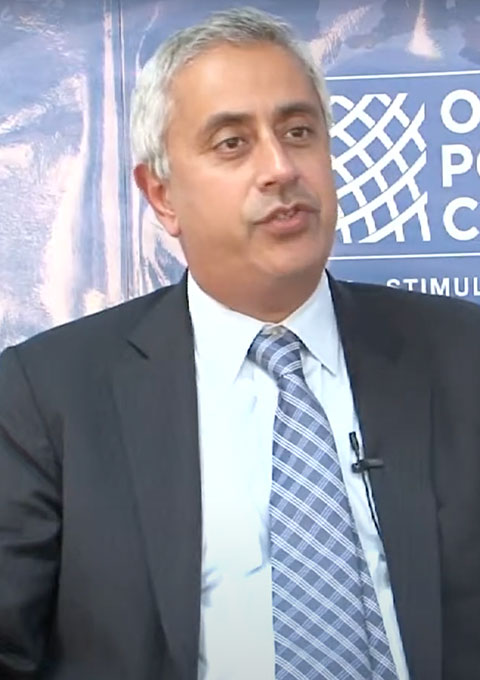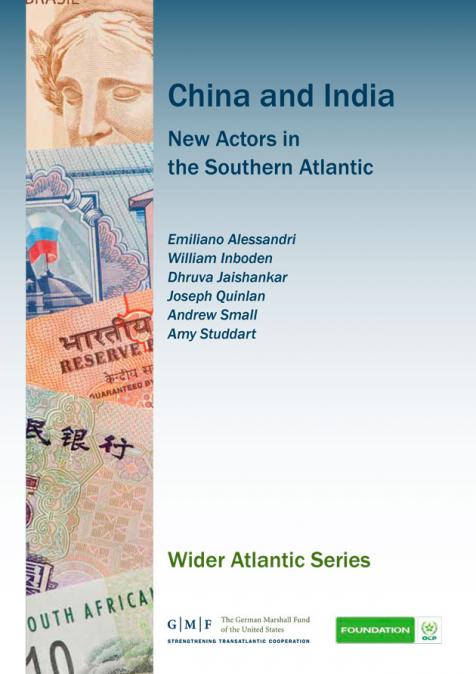Prakash LOUNGANI , Senior Resource Manager and Advisor, IMF, Senior Fellow, OCP Policy Center
December 17, 2015
Speakers

Prakash Loungani
Senior Fellow
Prakash Loungani is Senior Fellow at the Policy Center for the New South as well as Advisor in the IMF’s Research Department and Co-Chair of the IMF’s group on Jobs and Growth. His research focuses on Labour Markets, Macroeconomics, and Energy. He is also an adjunct Professor of Management at Vanderbilt University’s Owen School of Business, where he has taught in the Executive MBA program for the past 15 years. During 2013-14, he was on the World Economic Forum’s council on employment issues. His academic work has been published in top-tier journals and the citations to this work place him among the top 5% of economists worldwide.
He was the co-author of the IMF’s background paper for the ILO-IMF conference in Oslo on tackling unemployment. More recently, he is the co-author ...



